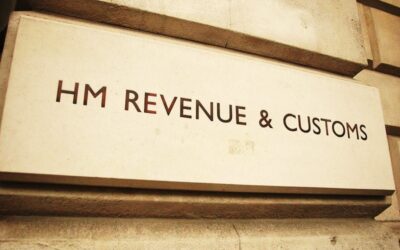We note the recent speculation that the Chancellor is planning to abolish the furnished holiday let (FHL) tax benefits in tomorrow’s Budget statement. TaxWatch raised issues around this regime last year, pointing out how much income and capital gains tax could be saved by FHL owners compared with people letting properties long term, and questioning whether there was a policy purpose for this.
Recent reports suggest this has the potential to raise additional tax revenues of £300m, though it isn’t clear whether this is income or capital gains tax, and whether this is per annum or over the usual five-year period, as there are a number of variables. TaxWatch would generally welcome this if it is announced, but subject to some thoughts below about the detail.
We do know that there were around 127,000 FHL businesses in 2019-20, with an increase in similarly-defined commercial holiday lets for Business Rates of 24% from then to 2021-22. Assuming the actual number of additional FHL businesses is therefore a bit less, as some will hold multiple properties, an average ‘cost’ to each business of abolition of the regime would be around £2,000. While this figure alone will be significant to many, the range is likely to be wide and go from almost zero to really significant sums in some cases.
Where significant sums are at stake, for example for higher rate income tax payers for whom mortgage interest relief will be particularly valuable given high interest rates, it is likely that people will consider what their options are for restructuring their asset holdings or businesses in order to reduce the impact. In order for the abolition of the FHL regime to raise significant additional amounts it is, therefore, important that the details of the announcement should be thought through with these potential behavioural changes in mind. For example, there will be some current FHL businesses that are large enough and involve sufficient activity to be classed as trades for income tax purposes. The OTS previously proposed that there should be clear conditions to be met for such treatment to avoid cases having to go to tribunal for decisions based on the individual facts. Any such conditions must be considered in terms of the possibilities for exploitation, if doing so would continue to save owners substantial sums.
Other considerations must be applied if the £300m saving includes capital gains tax, as the main benefit is access to Business Asset Disposal Relief (BADR), reducing the tax rate charged on gains of up to £1m to 10% (from 18/28% otherwise). If gains accrued so far are allowed to remain within scope for BADR, then additional amounts raised from this over the next few years will be small. Announcing the removal of BADR for FHLs sold after a certain date could potentially trigger a sudden sell-off of property, which may not be welcomed.
As with all decisions on tax, the impact of policy changes and the associated compliance will rely on carefully considered amendments and potential behavioural responses. As ever, the devil will be in the detail.



